Hong Kong condemns media mogul to prison for involvement in protests
Jimmy Lai will have to serve 14 months in prison; other activists have also received sentences
Hong Kong media mogul Jimmy Lai was sentenced on Friday to 16 months in prison for participating in unauthorized protests against the government in 2019. Lai, 73, owns the Apple Daily newspaper , which publishes reviews local government and Chinese leaders. A millionaire, he made a fortune in the clothing industry before working in the media and becoming one of Hong Kong's leading pro-democracy activists.
In search of support for the protesters, he often traveled to Washington to meet officials like today's former Secretary of State Mike Pompeo, which led Beijing to consider him a traitor. Lai is currently in temporary detention and now receives his first conviction.
He is also the target of other accusations, such as conspiring with foreign forces and trying to obstruct justice, and could therefore be the target of further punishment in the future.
Earlier this week, the businessman released a letter, written in prison, in his newspaper. "It is our responsibility as journalists to seek justice. As long as we do not let evil come upon us, we are fulfilling our responsibility," he wrote.
In addition to Lai, four other defendants were sentenced to between 8 and 18 months in prison for organizing and participating in the peaceful protest of August 18, 2019, which called for more democratic participation and police accountability for harsh repression of activists in other acts.
The tycoon was also tried for involvement in another protest on August 31 and found guilty. The sum of the sentences is 14 months. Judge Amanda Woodcock said that although the demonstration on the 18th was peaceful, there was "a latent risk of possible violence", which justifies the sentences.
On Friday, the court granted parole to four other defendants, including the famous lawyer Martin Lee, 82, known as the "father of democracy" in Hong Kong, and lawyer and former deputy Margaret Ng, 73. The lawsuit against the activists are criticized by international entities, who warn of the reduction of democracy in Hong Kong. "The unfair convictions underline the government's intention to eliminate all opposition," said Yamini Mishra, regional director for Amnesty International.
The 2019 demonstrations, held over months , questioned the diminishing political rights in Hong Kong, guaranteed by an agreement made between China and the United Kingdom. In 1997, the British returned control of the region to Beijing, on the condition that there would be different rules from the rest of the country, such as freedom of speech and the press, for 50 years.
The protests plunged the semi-autonomous territory into its biggest crisis in decades. However, with the arrival of the pandemic, the acts lost strength. Then, Beijing imposed a national security law , punishing any act that considers division, subversion, terrorism or collusion with foreign forces - with the possibility of life imprisonment.
Since the enactment of the law in mid-2020, protests have stopped. The government has tightened its grip on the opposition and is working on a change in the electoral system to ensure that only pro-China "patriots" rule Hong Kong . Territory and China officials say the changes are necessary to restore stability and that human rights will be maintained.
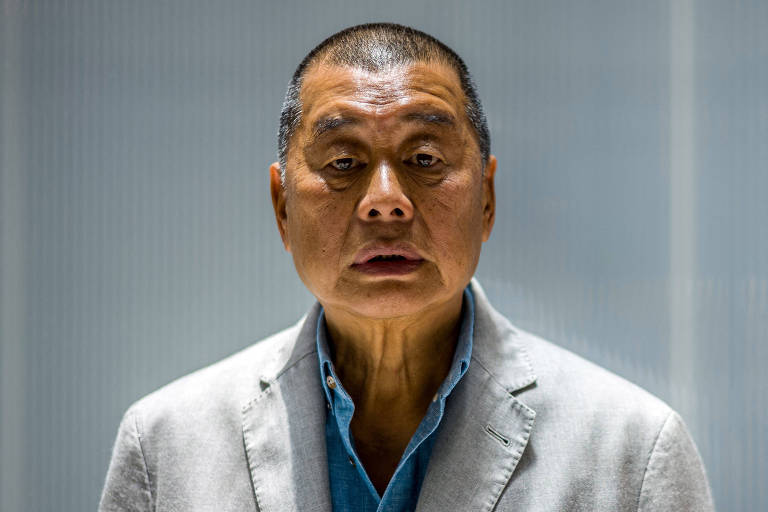
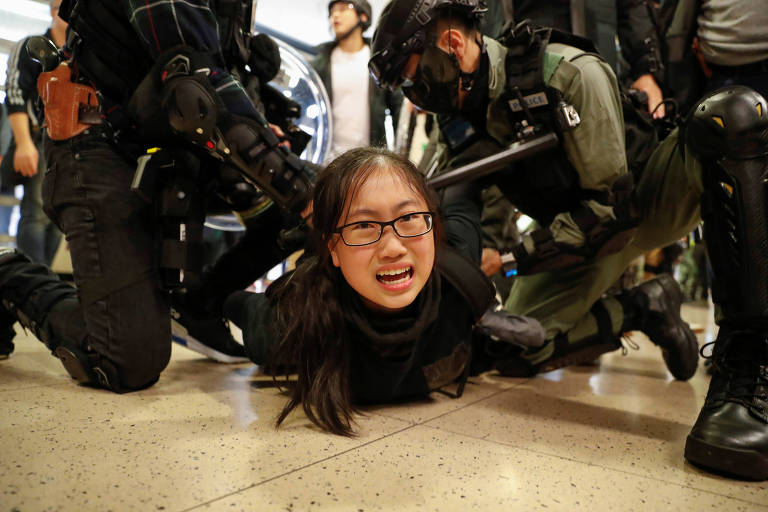
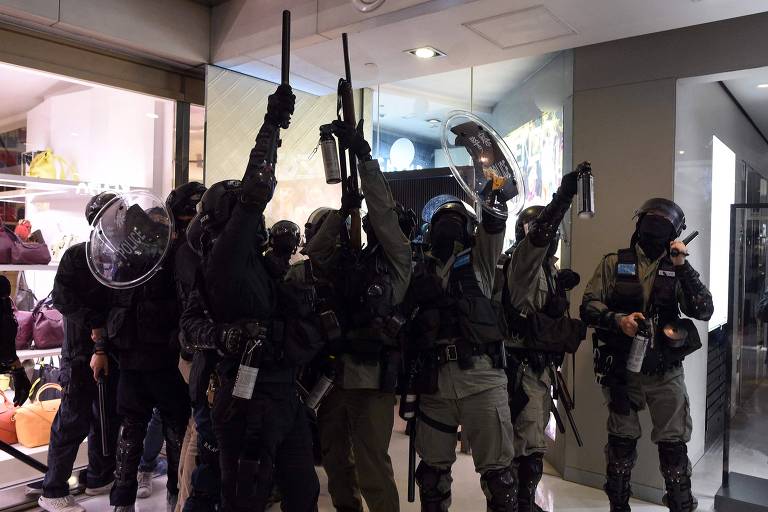
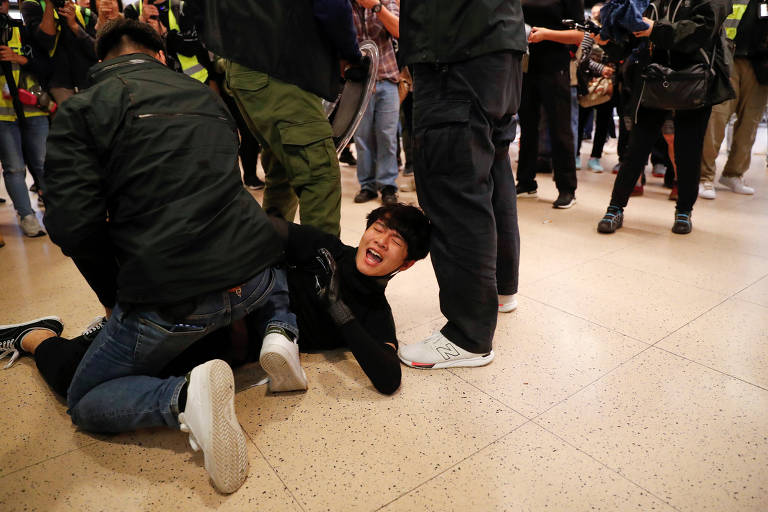
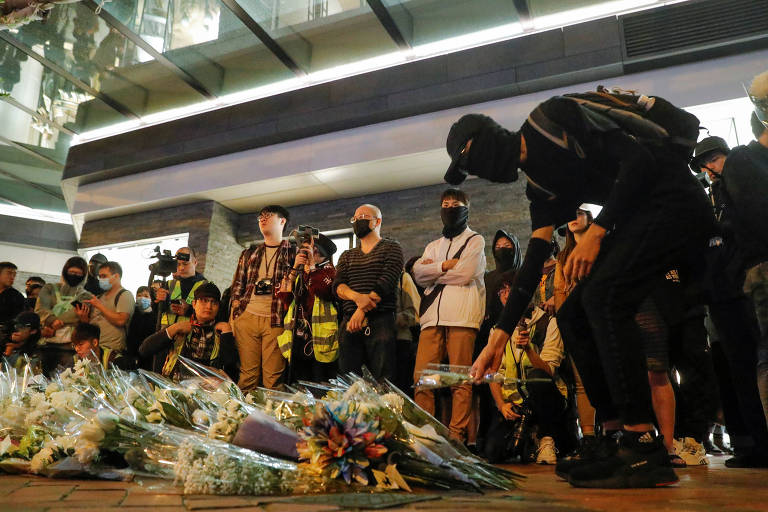
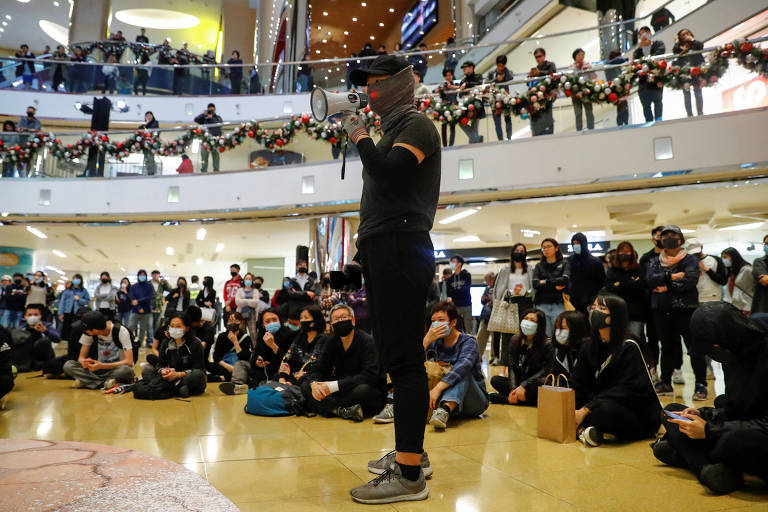
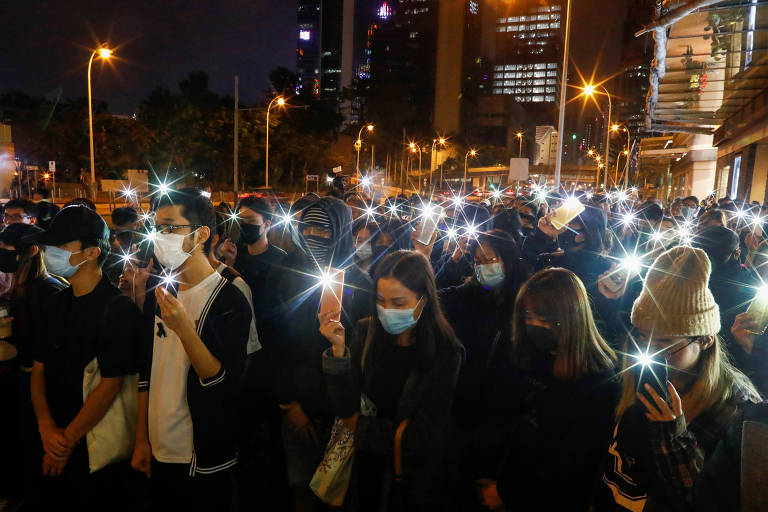
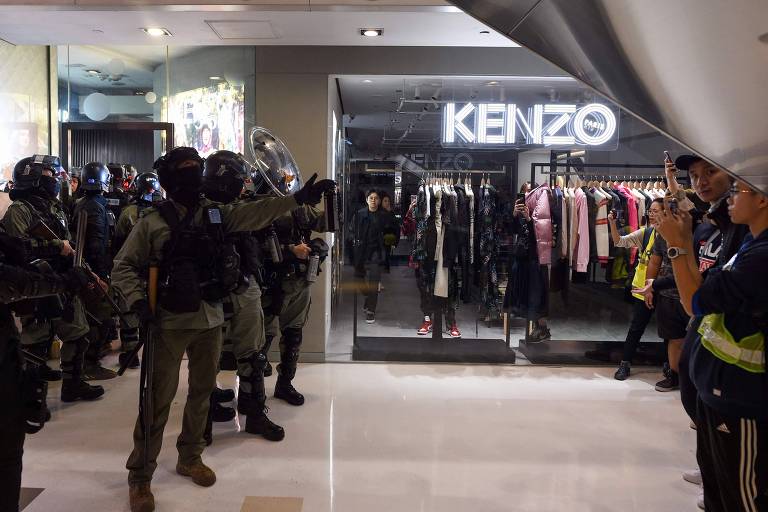

No comments:
Post a Comment